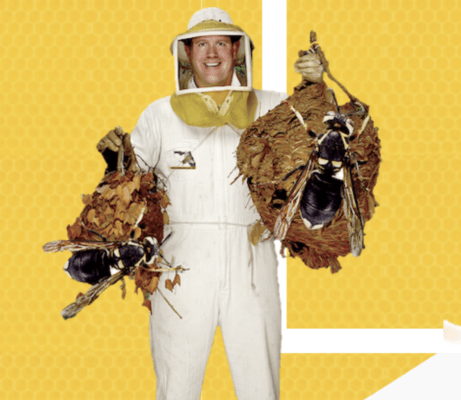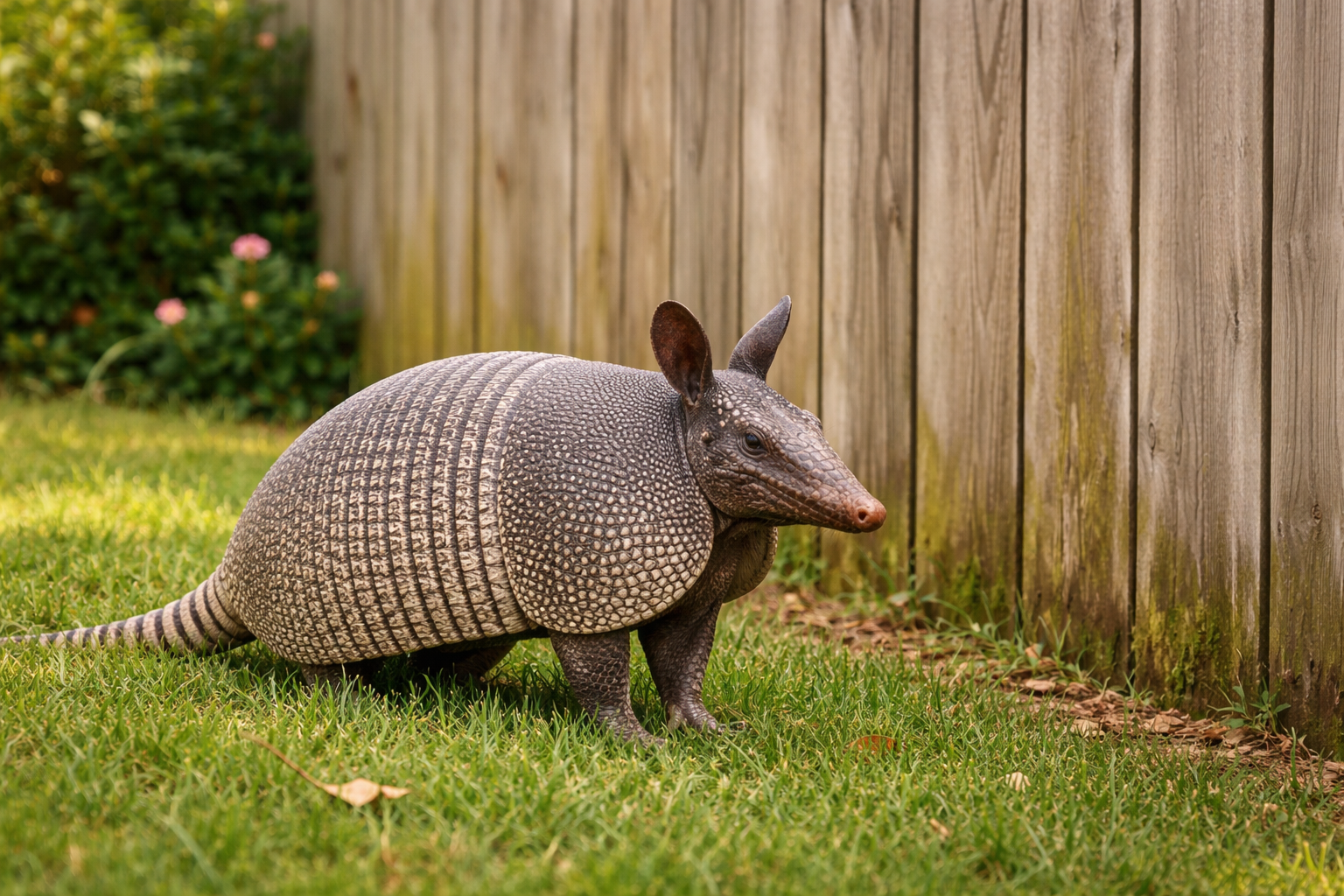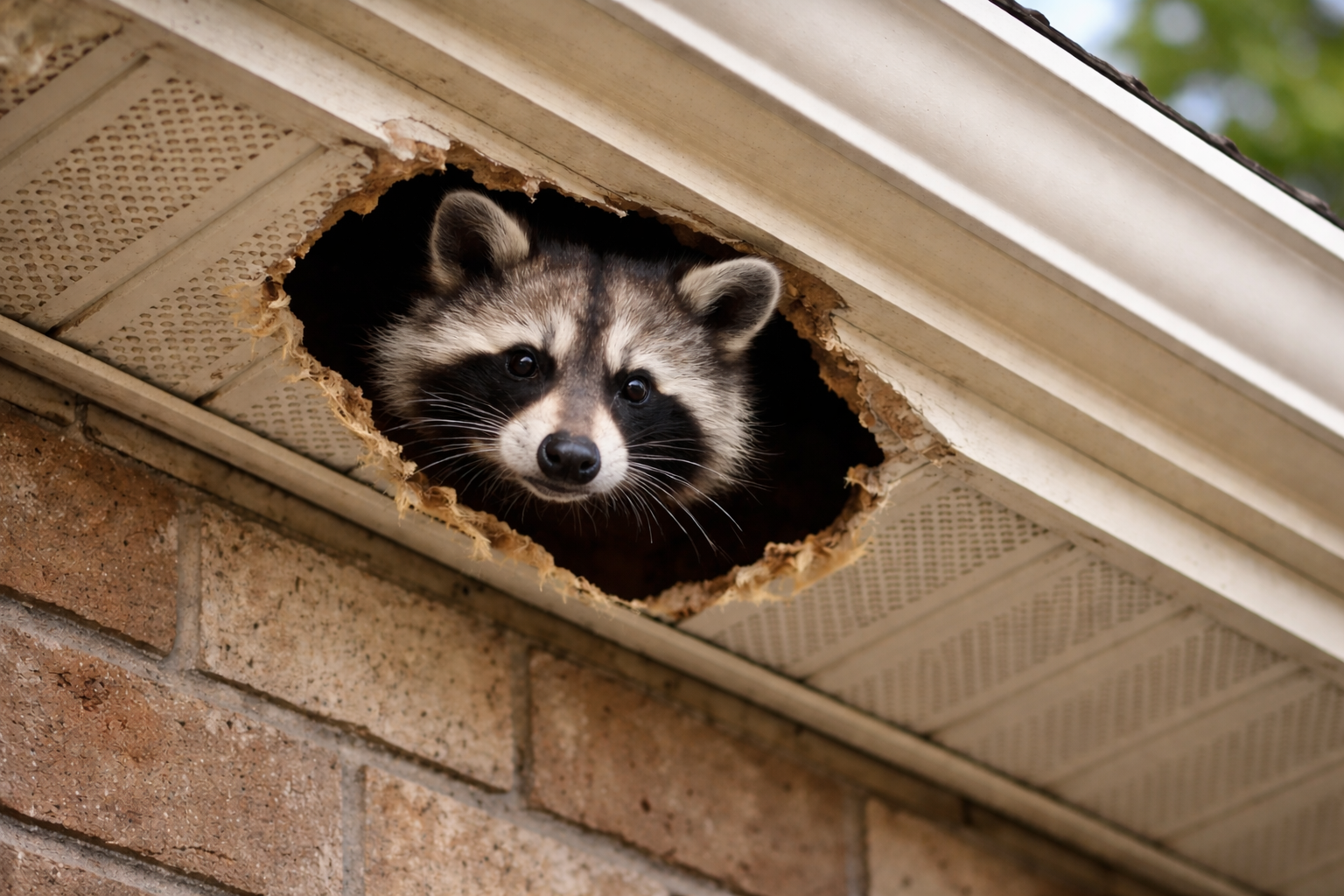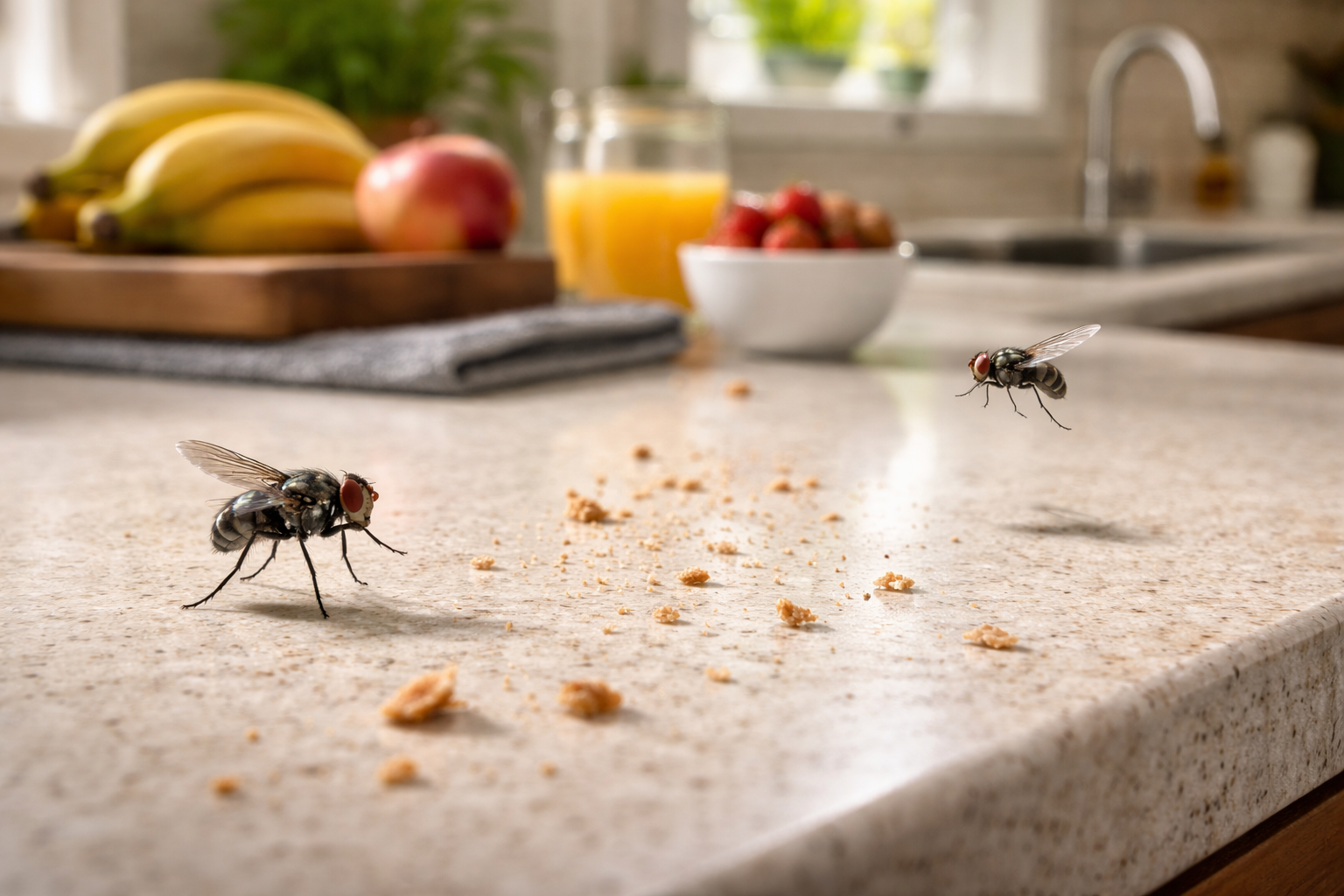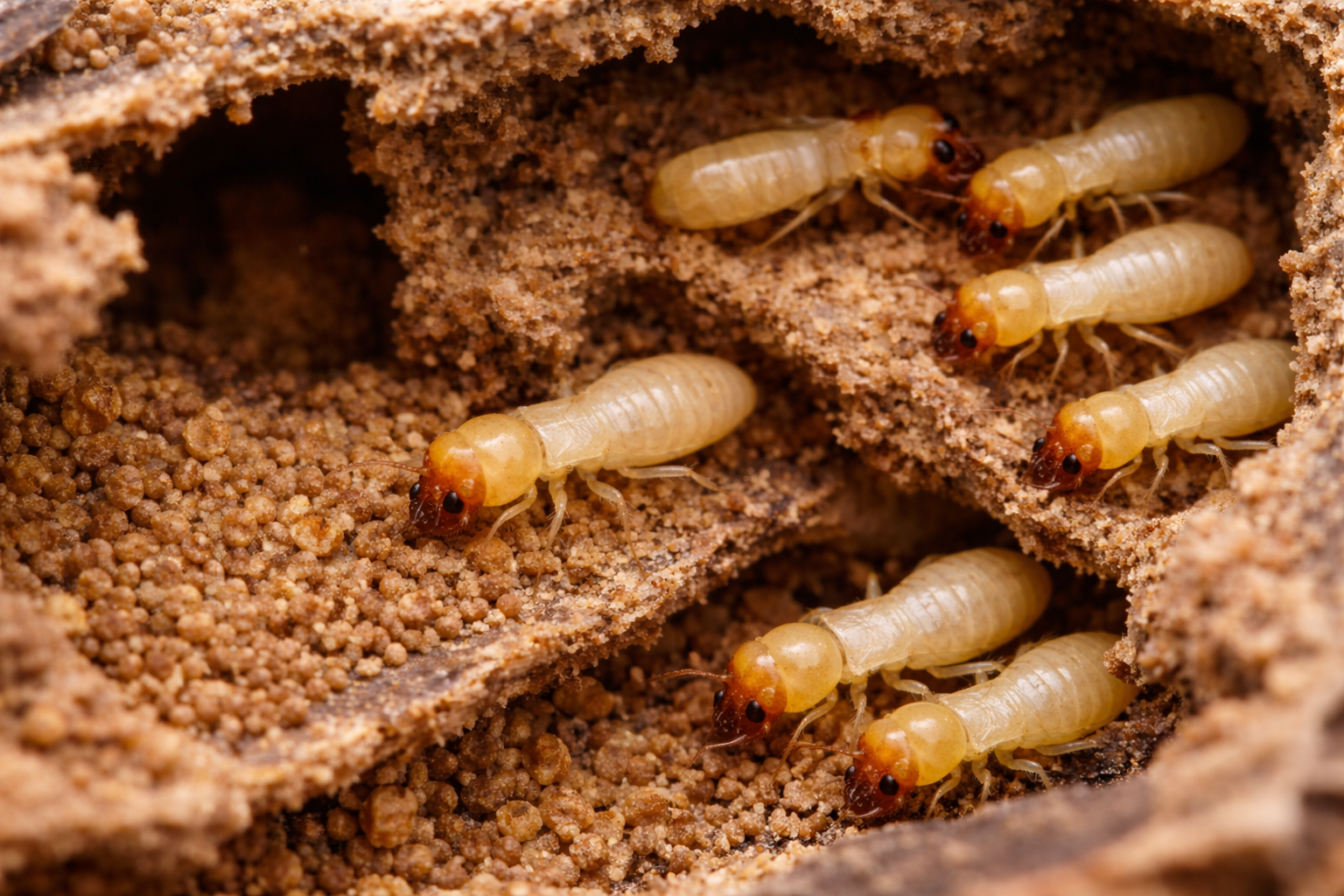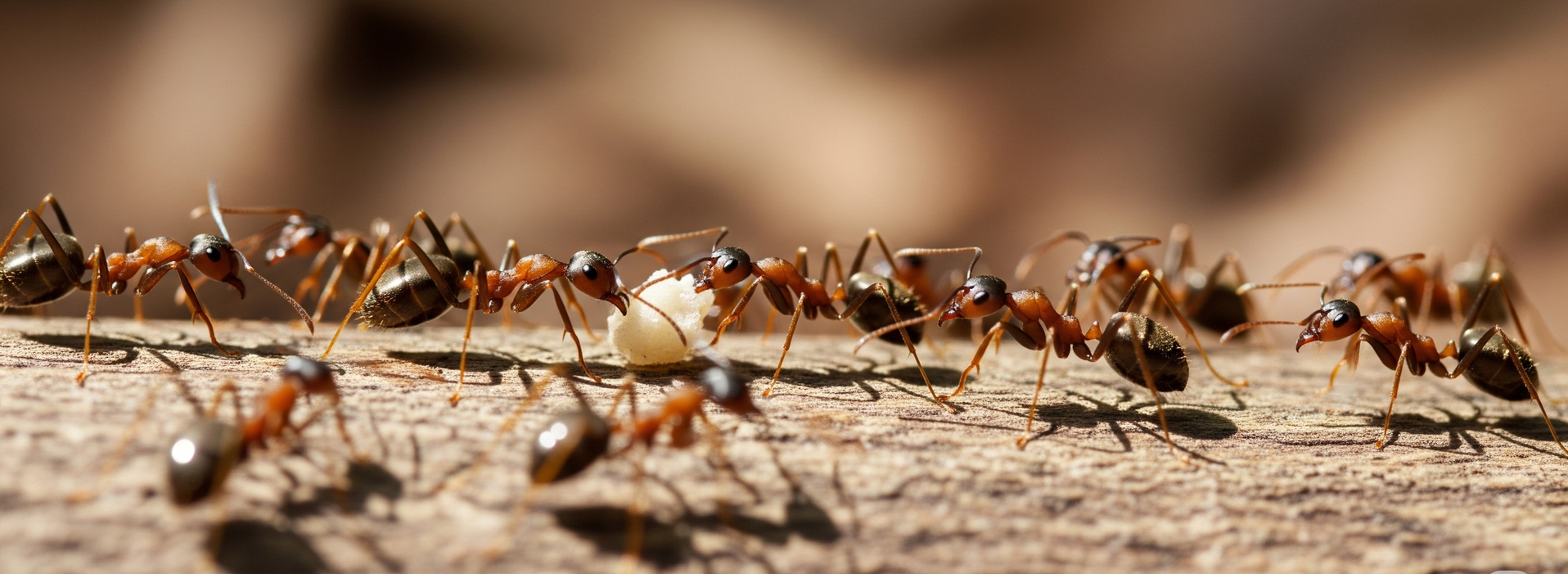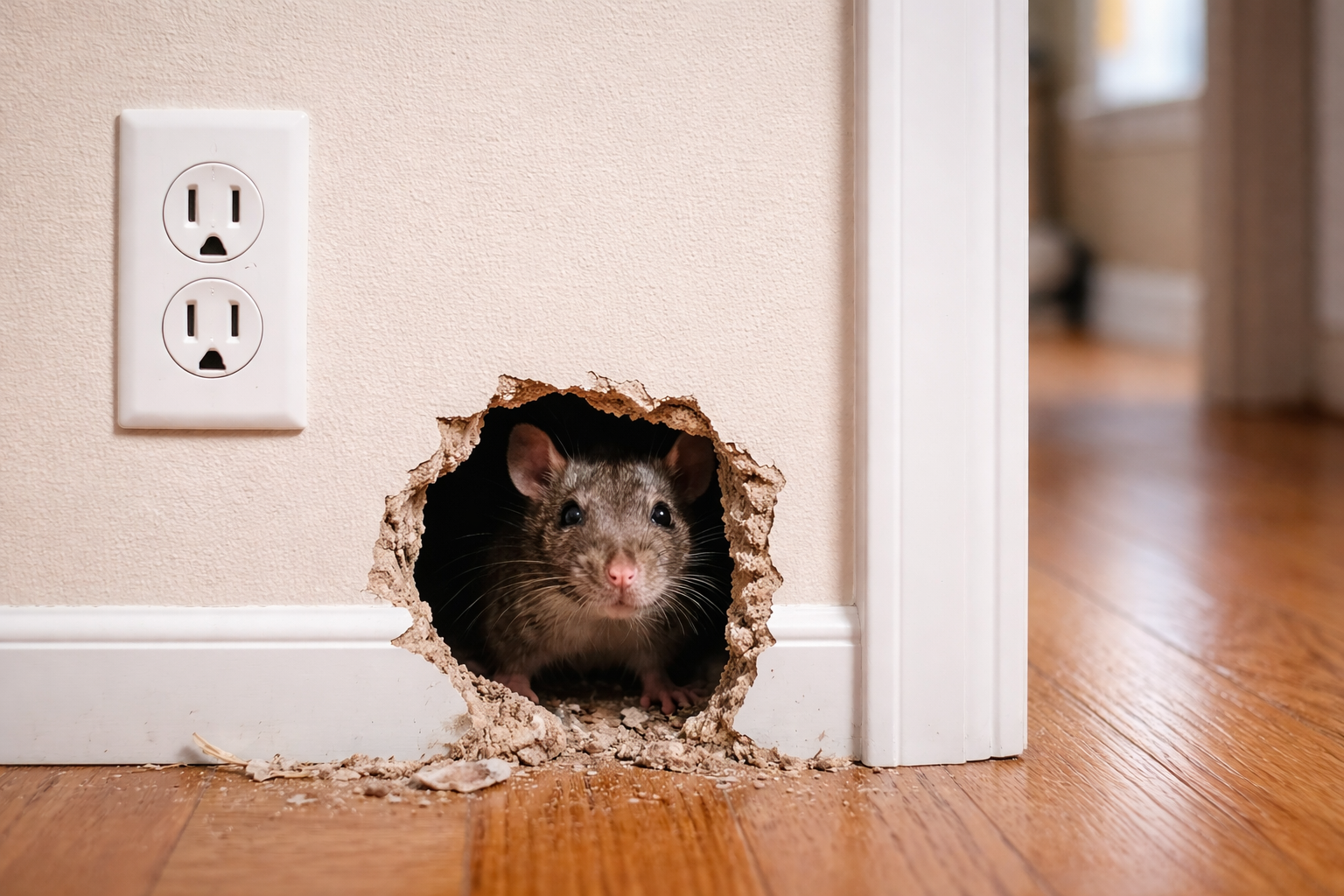Ants That Sting | What You Need To Know If Velvet Ants Are In Your Yard
Ants That Sting | What You Need To Know If Velvet Ants Are In Your Yard
First, the name "Velvet Ant" is a little deceiving because these dasymutilla occidentalis are actually in the wasp family. This means... they are venoms and sting.
Velvet Ants don't look like typical wasps or bees; they're not winged or hairy like them, either. And while they resemble ants in size and shape, they don't live in colonies like ants do.
Where Velvet Ants Are Found
Velvet Ants are solitary creatures that nest near the ground on plant stems or under rocks or logs where they can hide during the daytime before emerging at night to hunt for prey such as caterpillars, flies and other insects that come within reach of their powerful jaws.
If you see a Velvet Ant in your yard, do not handle them. If they are in your house, do not squish them in a paper towel. They may sting you, and these guys can be toxic.
Unlike real ants, which bite with their mandibles, velvet ants sting their victims with one or two venomous stings that can inject paralyzing venom into their prey. Their sting is painful and may cause swelling at the site of the sting, but it is rarely life-threatening unless you are allergic or have an underlying medical condition like asthma or heart disease that makes you more susceptible to anaphylactic shock after being stung by a bee or other insect.
While the sting might not be life-threatening, it can be painful!
How Can You Tell If Velvet Ants Are In Your Yard?
Velvet Ants love sandy upland areas like backyards, parks, and pastures. Their bodies are covered with coarse hairs called setae, which reflect sunlight effectively. You might see them crawling across your yard at dusk and dawn when they are actively hunting. Velvet Ants' color is black and bright orange, and they look like an oversized, oddly-colored ant.
What You Should Do.
Again, Velvet Ants are stinging insects. Never handle a Velvet Ant or any unknown bug. If you see a strange bug in your yard, call a professional entomologist for identification and next steps. Insect IQ has two entomologists on staff to give you a free evaluation and help you determine what action (if any) you need to take to control your pest problem.
For more information call 855-930-2847 (bugs).
Or visit Stinging Insect Control.


